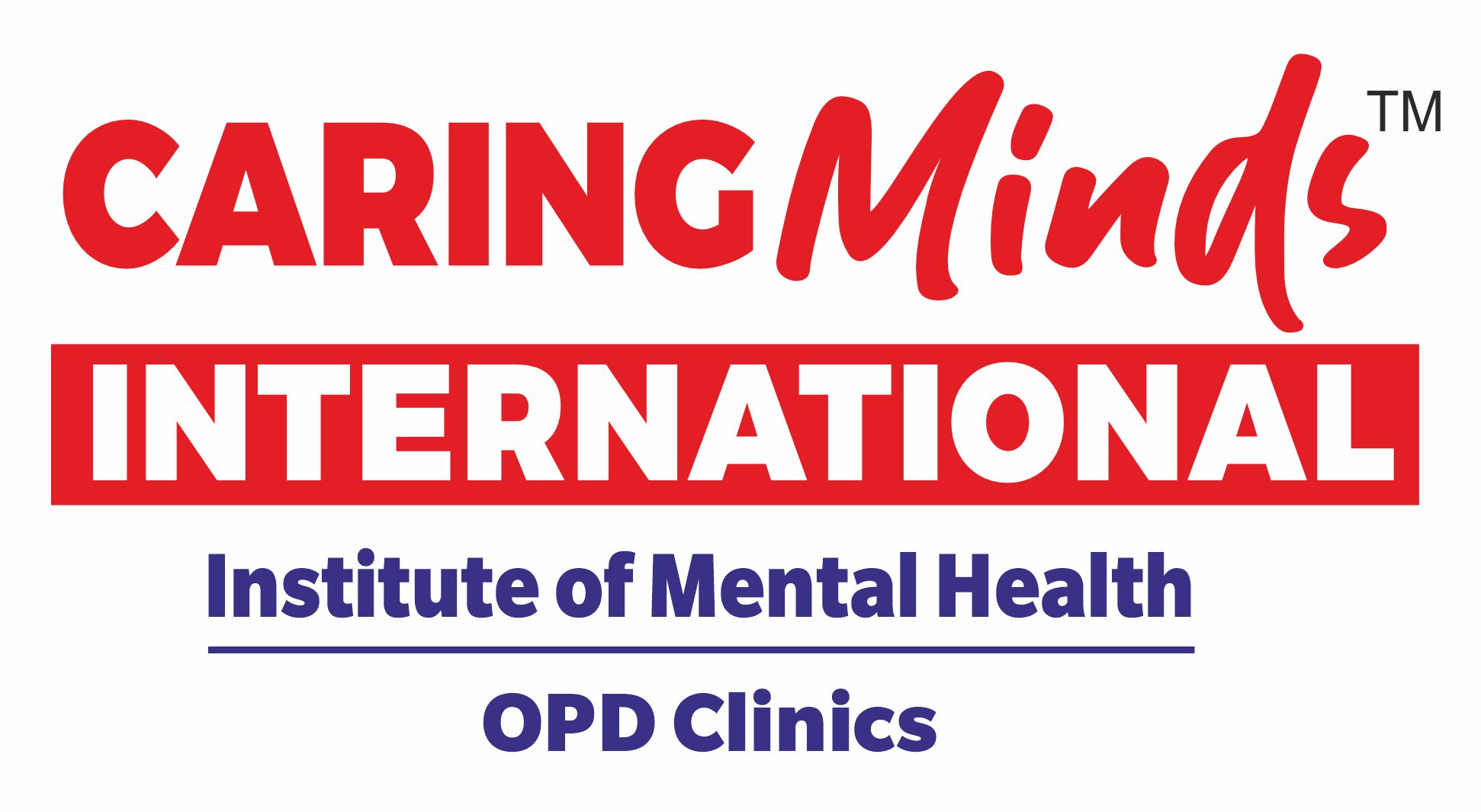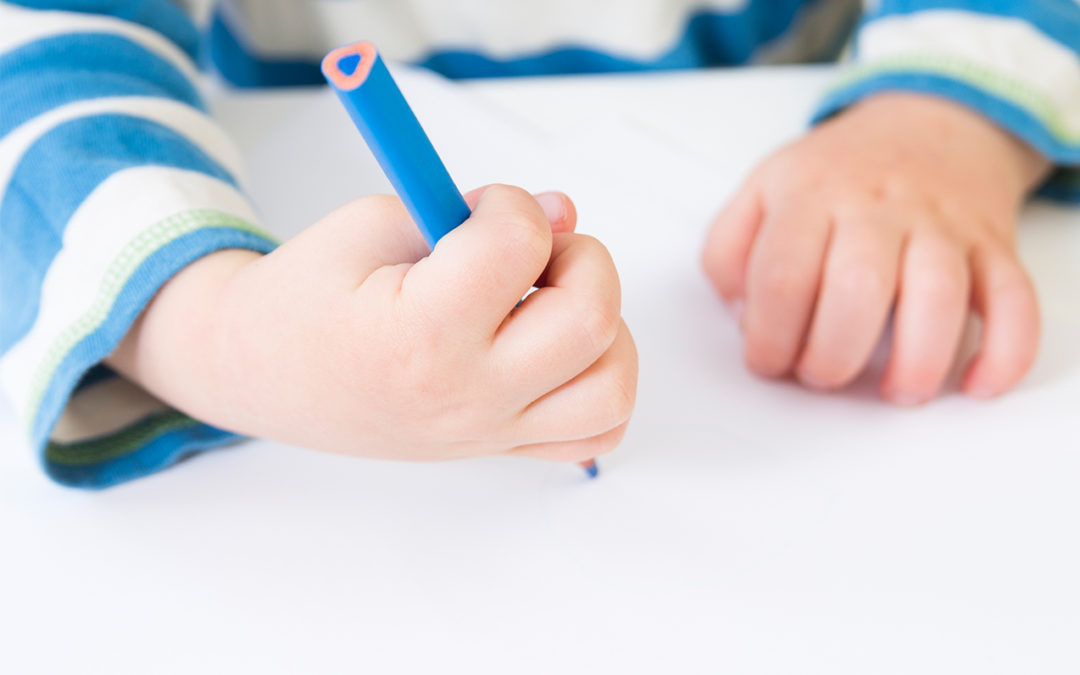Dyslexia is a specific learning disability that is neurological in origin. It is characterized by difficulties with accurate and/or fluent word recognition and by poor spelling and decoding abilities. It involves impairment in the ability to process sounds, that is, to make connections between written letters and their sounds; written work is often characterized by reversal errors. Secondary consequences may include problems in reading comprehension and reduced reading experience that can impede the growth of vocabulary and background knowledge. It is independent of intellectual ability, and is unrelated to disorders of speech and vision that may also be present. It is not the result of lack of motivation, sensory impairment, inadequate instructional or environmental opportunities, emotional disturbances, or other such factors.
Worried that your child might have Dyslexia:
- Does your child overlook similarities and differences between letters or words?
- Does your child have great difficulty in spelling correctly and/or consistently confuses b/d: p/b/d: i/j: n/u?
- Is your child a slow reader or makes unexpected errors when reading aloud?
- Does your child have difficulty hearing sounds in words, (e.g. th/f: b/p/d etc)?
- Does your child have difficulty in distinguishing between right and left?
- Does your child show signs of mirror writing, or does he/she constantly alter the order of letters and numbers?
- Does your child have difficulty copying from a book or the board?
Treatments, we provide that can help your child and you:




